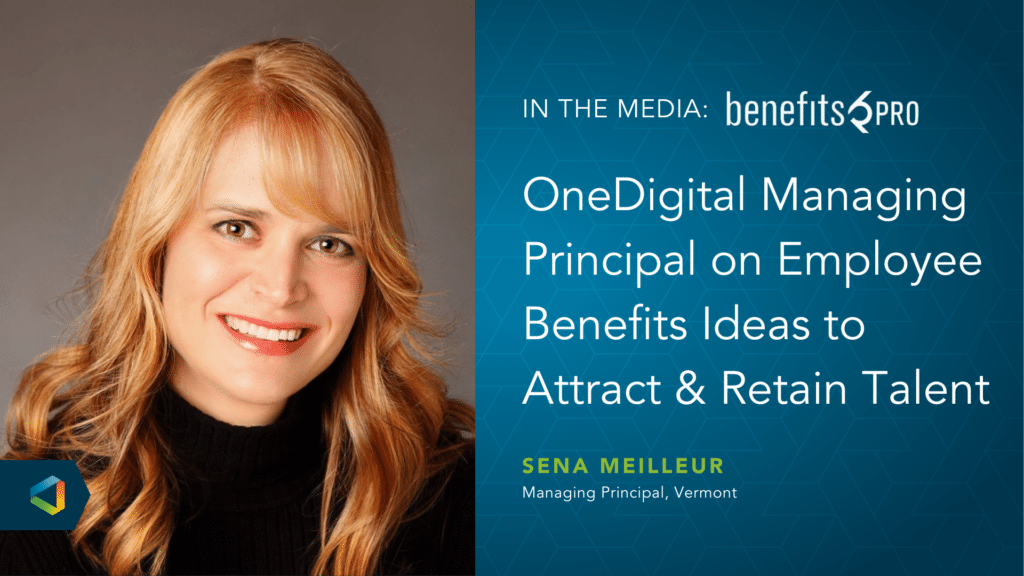How is it that we make purchases on Amazon.com with a touch on a smartphone, yet many of us still buy group health insurance with paper and a pen?
The discrepancy between the two different experiences is confounding. Yes, I would like to clarify that there are fundamental differences between buying Cards Against Humanity on Amazon.com and choosing the right health plan for you and your dependents. However, the marketplace tells us that those two different experiences will be converging. Employers are adopting technologies to more efficiently and accurately manage their benefits and human resource processes and employees are demanding that they do so.
Remember only a few years ago when the concept of Private Healthcare Exchanges was all the rage? Employers could give their employees a stipend of money and set them loose to buy a plethora of benefits through a technology platform customized to their specific needs. This model is very much alive today, but the adoption rate has been immaterial relative to the original projections. So what went wrong? For the most part, the technology worked, however the number of choices were extensive and the practical application was often limited to larger employers. By and large, Private Exchanges were too much, too soon, but they have taught us a lesson.
Today we’re seeing an influx of new startups delivering innovative ways to combine the best attributes of online consumerism and Private Healthcare Exchanges. Most of these products are designed with small and mid-sized employers in mind - paying special attention to simplicity and cost. Among others, these solutions deliver:
• New Hire Onboarding
• Accurate Data
• Employee Self-Service
• Ease of Compliance
• ACA Reporting
• Improved Employee Communications
• Connection with Outside Vendors
This technology is the wave of the future and the adoption rate will only continue to grow as millennials represent a larger percentage of the workforce. Don’t hesitate to embrace these technological advances that will save resources and enable HR to become more strategic.




